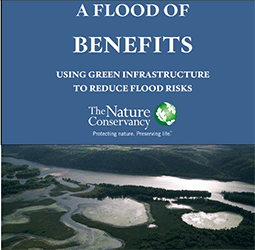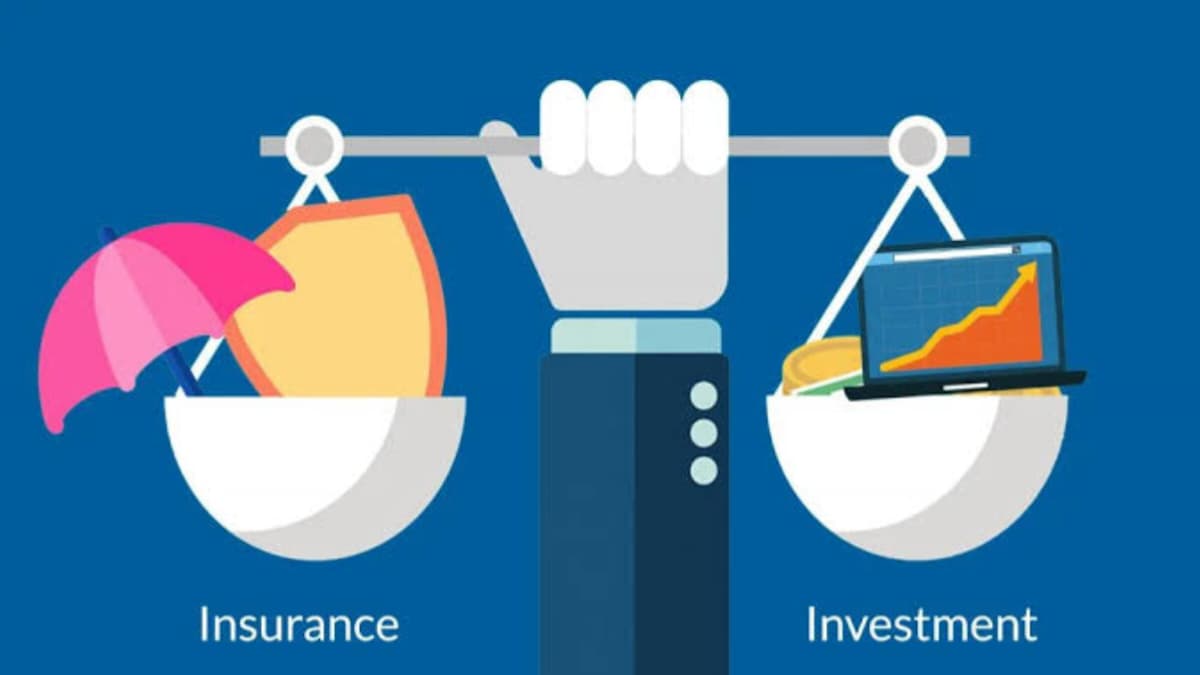What
are two benefits of floods?
While floods are often associated
with negative impacts such as property damage and loss of life, they can also
have some positive benefits. Two such benefits of floods are:
1.
Replenishing water resources: Floods
can help replenish water resources in areas where rainfall is scarce. They can
help refill rivers, lakes, and aquifers, which can help support agricultural
production, wildlife habitats, and human consumption.
2.
Fertile soil: Floods can deposit
nutrient-rich sediment and organic matter on floodplains and agricultural
lands, which can improve soil fertility and increase crop yields. This natural
process can also help support the growth of vegetation and provide habitat for
diverse plant and animal species.
Sure,
here are two additional benefits of floods:
3.
Supporting
biodiversity: Floods can create new habitats for plants and animals by altering
the landscape and creating temporary wetlands. This can increase the diversity
of species and provide new opportunities for ecological interactions.
4.
Rejuvenating
ecosystems: Floods can help rejuvenate ecosystems by flushing out accumulated
pollutants and other toxins, and renewing the soil and water quality. This can
help to maintain the overall health and productivity of an ecosystem over time.
Additionally, periodic flooding can help to prevent the buildup of plant debris
and other organic material, which can pose a fire risk in some environments.
Certainly,
here are two more benefits of floods:
5.
Cultural
significance: Floods can have cultural significance for some communities, as
they can be seen as a natural part of the environment and an important aspect
of local traditions and history. For example, in some cultures, floods are
associated with the renewal of life and the beginning of a new cycle, and are celebrated
as part of religious or cultural festivals.
6.
Economic
benefits: In some cases, floods can provide economic benefits by supporting
industries such as agriculture, fisheries, and tourism. For example, in areas
where fishing is an important source of income, floods can increase fish
populations and create new fishing opportunities. Similarly, floods can create
new recreational opportunities for tourists, such as rafting and other
water-based activities. However, it’s important to note that the economic
benefits of floods must be balanced against the potential costs and risks
associated with flooding.
Here
are two more benefits of floods:
7.
Water transport
and navigation: Floods can increase the water levels in rivers and other water
bodies, which can improve the navigability of waterways and support
transportation of goods and people. In some areas, floods can create new
channels for navigation or provide temporary access to isolated areas.
8.
Groundwater
recharge: In addition to replenishing surface water resources, floods can also
help to recharge groundwater aquifers. As floodwaters percolate into the
ground, they can replenish underground water reserves, which can be important
for sustaining the water supply in dry regions. This can also help to reduce the
reliance on unsustainable water extraction practices, such as over-pumping of
groundwater.
Certainly,
here are two more benefits of floods:
9.
Cleaning urban
areas: In urban areas, floods can help to clean streets and other
infrastructure by flushing away accumulated debris, garbage, and pollutants.
This can improve the overall cleanliness of the environment and reduce the risk
of water-borne diseases.
10.
Replenishing
riparian zones: Floods can replenish riparian zones, which are areas of land
adjacent to rivers and other waterways. Riparian zones are important habitats
for many plant and animal species, and can also provide important ecological
functions such as filtering pollutants, reducing erosion, and maintaining water
quality. Floods can help to replenish these zones by depositing sediment and
nutrients, and creating new channels and wetlands.
Certainly,
here are two more benefits of floods:
11.
Recharge
wetlands: Wetlands, such as swamps and marshes, are some of the most productive
ecosystems on the planet, providing a range of important ecological functions
such as water filtration, nutrient cycling, and habitat for a wide range of
plant and animal species. Floods can help to recharge wetlands by bringing in
fresh sediment, nutrients, and water, which can help to support the health and
productivity of these ecosystems.
12.
Source of
renewable energy: Floods can be a source of renewable energy, particularly in
regions with large rivers and hydropower infrastructure. By generating
electricity from the kinetic energy of falling water, hydropower facilities can
provide a reliable and sustainable source of electricity. Additionally, some
floodplains and wetlands can be used for the production of biofuels such as
ethanol, which can be used as an alternative to fossil fuels.
Sure,
here are two more benefits of floods:
13.
Geomorphological
processes: Floods play a vital role in shaping the Earth’s surface by eroding,
transporting, and depositing sediment. This can create new landforms such as
deltas, alluvial fans, and floodplains, which provide important ecological and
economic benefits. Floods can also help to maintain the overall health and
productivity of riverine and coastal ecosystems by replenishing sediment and
nutrients.
14.
Recreation and
tourism: In some cases, floods can provide opportunities for recreation and
tourism, such as fishing, rafting, and other water-based activities. For
example, some communities have developed ecotourism initiatives centered around
wetlands and other flood-prone areas, which can help to support local economies
and promote environmental conservation. However, it’s important to ensure that
recreational activities are carried out in a sustainable and responsible
manner, taking into account the potential impacts on the environment and local
communities.
Certainly,
here are two more benefits of floods:
15.
Fire suppression:
In some ecosystems, periodic flooding can help to reduce the risk of wildfires
by preventing the buildup of dry vegetation and other fuel sources. This can be
particularly important in arid or semi-arid regions where wildfires can be a
significant threat to human lives, property, and the environment.
16.
Carbon
sequestration: Wetlands and other flood-prone ecosystems can play an important
role in sequestering carbon from the atmosphere. As vegetation grows and dies
in these ecosystems, it can accumulate in the soil and act as a long-term
carbon sink. By supporting the health and productivity of these ecosystems,
floods can help to maximize their carbon sequestration potential and mitigate
the impacts of climate change.
Sure,
here are two more benefits of floods:
17.
Agricultural
productivity: Floods can be beneficial for agriculture in certain areas by
depositing nutrient-rich sediment on farmland and providing water for crops. In
some regions, such as the Nile River Valley, periodic flooding has been an
essential component of traditional agricultural practices for thousands of years.
18.
Water supply:
Floods can also be important for maintaining water supply in regions where
water resources are limited or unpredictable. By replenishing surface water
resources and recharging groundwater aquifers, floods can help to ensure a
reliable and sustainable water supply for human communities and ecosystems.
However, it’s important to manage water resources carefully to ensure that they
are used efficiently and sustainably, taking into account the needs of all
stakeholders.
Certainly,
here are two more benefits of floods:
19.
Cultural and
historical significance: In some regions, floods have significant cultural and
historical significance. For example, annual flooding of the Nile River in
Egypt was a key factor in the development of ancient Egyptian civilization, and
is still celebrated as an important cultural event. Similarly, floods have
played an important role in the cultural traditions of many Indigenous
communities around the world.
20.
Research and
education: Floods can provide valuable opportunities for scientific research
and education. By studying the impacts of floods on ecosystems and communities,
researchers can better understand the complex interactions between water, land,
and human systems. This can help to inform more effective management strategies
and policies for mitigating the impacts of floods and supporting sustainable
development. Additionally, floods can be used as a teaching tool for students
to learn about the Earth’s hydrological cycle, natural hazards, and the
importance of environmental conservation.
You have to wait 60 seconds.











